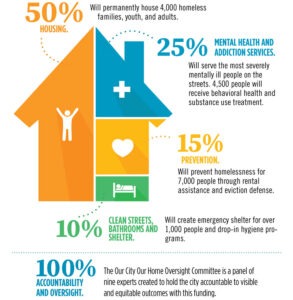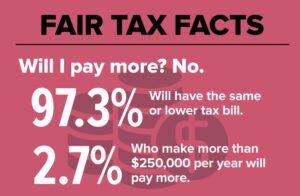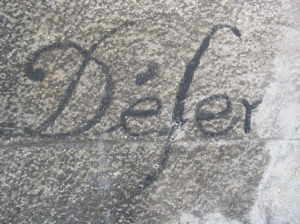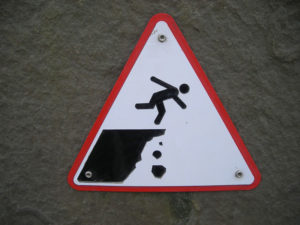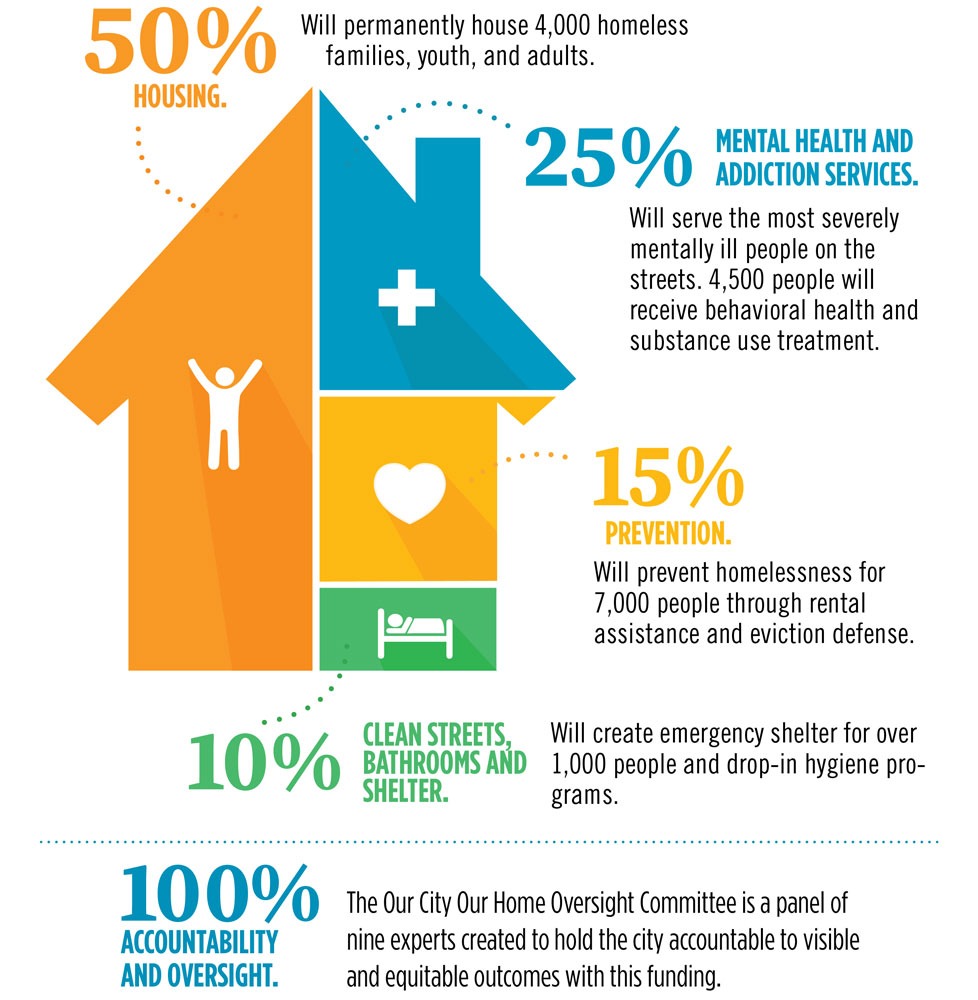September 28, 2011; Source: Tuscaloosa News | So what is a nonprofit for local property-tax exemption purposes? Does it have to be a 501(c)(3)? Does it have to do charitable fundraising? We are all used to the debates over property-tax exemptions and payments in lieu of taxes (PILOTs) concerning nonprofit hospitals and universities, but they are hardly the only institutions affected, even though it is true that in terms of property value involved, they dwarf everyone else.
As the county seat of Marengo County, Alabama, the City of Linden has a population of just 2,424, but its tiny size hasn’t deterred the community from questioning the tax exemption of the Linden Athletic Association (LAA). The LAA owns Linden Athletic Field, a 7.6-acre property, which is apparently used by two schools, the Marengo Academy (the “Longhorns”) and Linden High School (the “Patriots”), for home football games. The LAA caused a big controversy in the small community when it doubled the usage fee it charged the high school, prompting the high school to relocate its games to a field in Dixon Mills, 20 miles away.
Now the City of Linden— actually the Alabama Department of Revenue—is thinking of charging the Association for property taxes. A local nonprofit consultant said that the Linden Athletic Association might have to repay donors for their charitable donations if the Department of Revenue finds the Association to be improperly doing nonprofit fundraising.
Until this year, the LAA had charged each school $500 a game or $2,500 for a full season of home games, but the Association said that it was costing more than $5,000 per school to host the games. To compensate for the costs, the Association raised the fee for each school to $6,500 a season.
Sign up for our free newsletters
Subscribe to NPQ's newsletters to have our top stories delivered directly to your inbox.
By signing up, you agree to our privacy policy and terms of use, and to receive messages from NPQ and our partners.
Although some of the press articles on this story talk about whether LAA might “lose” its 501(c)(3) status, NPQ looked at Guidestar and at the IRS’s Publication 78 and could not find any listing for the organization as a federally tax-exempt 501 entity. And contrary to the person who talked about the Association being forced to give back charitable donations, apparently it doesn’t get any. According to the Demopolis Times, the Association’s total income comes from renting the field to the school and from signage at the field (banners that advertisers pay to hang on the Linden Athletic Field fences during the games). LAA president Hale Smith says that all of that income goes to operate the football field—basically maintenance and utilities—with no evidence of payments of other costs such as liability insurance. Smith makes it clear to the press that the LAA is not a (c)(3), and because it doesn’t solicit or accept donations it doesn’t operate like one.
The Association acquired the property from the City of Linden in 1976 for $250, four years after the City obtained the property for that amount from a private landowner. The sales agreement required the LAA to “maintain the property and all facilities in good repair and use the property only for athletic purposes and events,” according to the Times. The sales agreement also prevents the Association from selling the property without City government approval and contains a reverter clause that returns the property to the City if the LAA stops operating the stadium. There hasn’t been any tax paid on the property since 1964, when it was still privately owned. If taxed at an estimated assessed value of $30,000, the annual tax bill would be $240.
But it’s not the money, it’s the principle. Unless there is more to the story, the LAA appears to own and run a football field. That is the only function of the property. Its income is derived from the use of the field and basically covers the costs of its operations. It has a sales contract and perhaps a deed restriction (from the original owner passed through the City) that prohibits the use of the property for anything other than sports and prohibits any sale of the property unless the City agrees. If there is excess income generated by the field—and there doesn’t appear to be—the money goes toward operations. This looks and feels like a property that merits a property-tax exemption, but it is being reviewed for taxes because someone, or some people, are ticked that the LAA raised the rental fees on the Longhorns and the Patriots.—Rick Cohen




